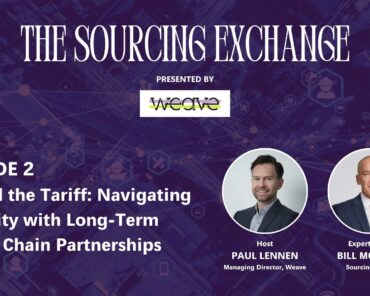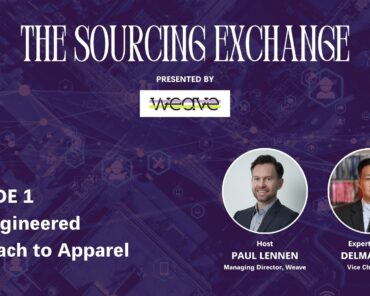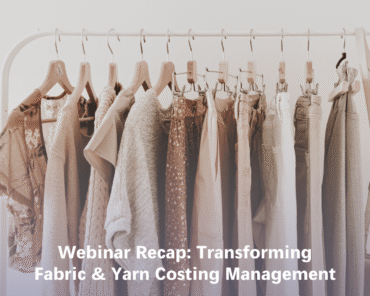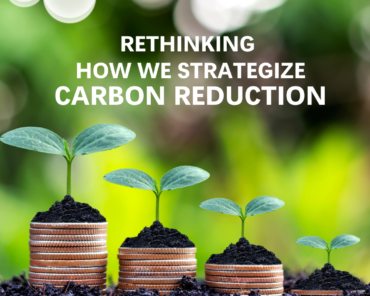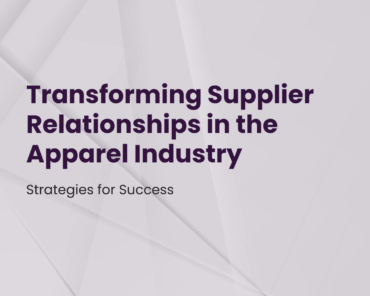Insights
The Engineered Approach to Apparel: A Conversation with Dr Delman Lee, Vice Chair at TAL
In a fascinating conversation on The Sourcing Exchange, host Paul Lennen sits down with Delman Lee, the Vice Chair at the TAL group of companies. Delman, an electrical engineer by training, brings a unique perspective to the apparel industry, viewing it through a lens of problem-solving and process optimisation. The interview delves into how an engineering mindset, a focus on technology, and a commitment to core principles have shaped TAL’s legacy and vision for the future.
From Engineering to Apparel: A Family Legacy of Innovation
Delman’s journey into the family business wasn’t a typical one. After his initial training and a stint in research, he joined TAL 25 years ago, following in the footsteps of his father and uncle—both engineers. This shared background instilled a core DNA in the company that values applying technology to solve problems. As Delman explained, “apart from the fashion creative side, there’s still a lot of engineering aspects to manage.” This foundational belief led TAL to pioneer innovations that went beyond simply manufacturing a physical garment.
A prime example is their supply chain service, a concept that began before Delman even joined the company. At a time when apparel manufacturing was often seen as a “sunset industry,” TAL began offering value-added services on top of their products. This included managing inventory for retailers and providing replenishment services, all integrated into the price of the garment. This forward-thinking approach, driven by an engineering mindset, now accounts for roughly a third of the company’s business.
Unlocking the Bullwhip Effect: The Challenge of Collaboration
The conversation took a deep dive into one of the biggest challenges in the supply chain: the siloed nature of planning and execution. Delman illustrated this with a practical example: a supply chain simulation game known as the “beer game.” In this exercise, different teams representing various parts of a supply chain work in isolation. Within just an hour, the game perfectly demonstrates the “bullwhip effect,” where small changes in demand at the consumer end lead to massive, inefficient inventory swings and over-ordering upstream.
The key takeaway, Delman explained, is the importance of thinking beyond one’s own function. When teams and partners in the supply chain fail to collaborate and share information, everyone loses. He noted that even internally, mistrust can derail the most well-intended plans, with departments sometimes overriding forecasts for their own reasons. This underscores that technology and algorithms are only one part of the solution; the human element of trust and collaboration is equally critical.
The AI Imperative and the Path Ahead
On the topic of technology, Delman shared his views on the current AI boom, differentiating it from previous “force hypes” like blockchain. As a former “AI winter” sceptic, he believes that the current wave of generative AI is a genuine and pervasive breakthrough that will bring unprecedented change. He anticipates that within the next year or two, we will see the rise of “agentic” solutions that can not only identify problems but also offer intelligent, actionable solutions to bottlenecks on the factory floor.
For the apparel industry, this could mean everything from more efficient production line management to breakthroughs in robotics. Delman is hopeful that AI can help solve some of the world’s “very hard problems”, but in the near term, he sees its potential to fundamentally change how we work and innovate.
The State of Sustainability and the Power of Purpose
Delman also offered a candid assessment of the current state of sustainability, which he described as “a bit of a mess” with a lot of lost momentum due to political and regulatory shifts. While he had hoped that consumer demand alone would drive change, he now believes that regulation is the necessary, albeit not ideal, lever for systemic transformation.
He concluded with a powerful message for individuals and companies: the threat of regulation should be enough to motivate action. Companies that get ahead of the curve and build sustainability into their core DNA will be at the front of the pack when regulation eventually comes, demonstrating their commitment to doing the right thing for the world.
Charting the Future of the Supply Chain
This insightful conversation offers a clear roadmap for the modern apparel supply chain. Success in this evolving landscape hinges on a holistic, engineered approach that moves beyond traditional silos. As Delman’s career and company history demonstrate, the true power lies in the intersection of human collaboration and technological innovation.
By breaking down the “over the wall” syndrome in planning and building trust across the value chain, brands and manufacturers can unlock unprecedented levels of efficiency. The integration of AI and data will continue to accelerate this transformation, providing the tools for greater agility and profitability. Ultimately, adapting to future challenges, including those posed by geopolitical shifts and climate change, requires a commitment to both operational excellence and a shared purpose of building a more resilient and sustainable industry.
If you’re ready to deep-dive, click the link below to watch the full interview.


